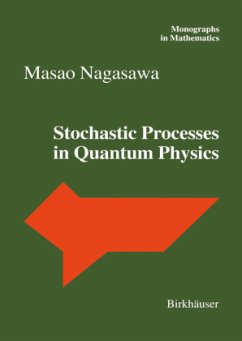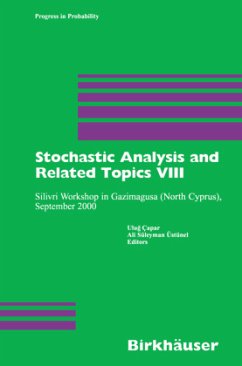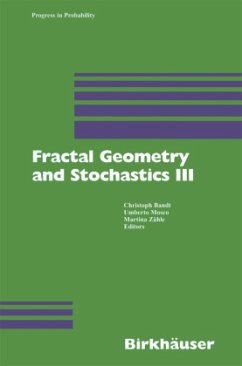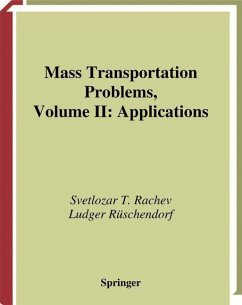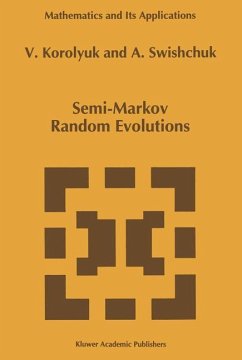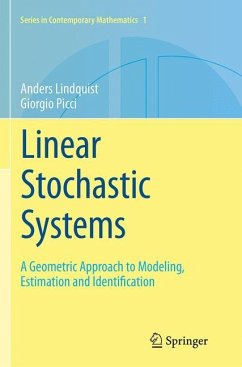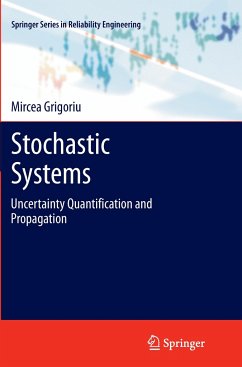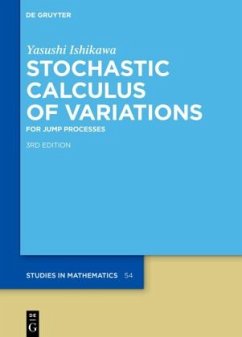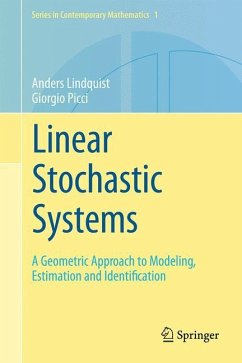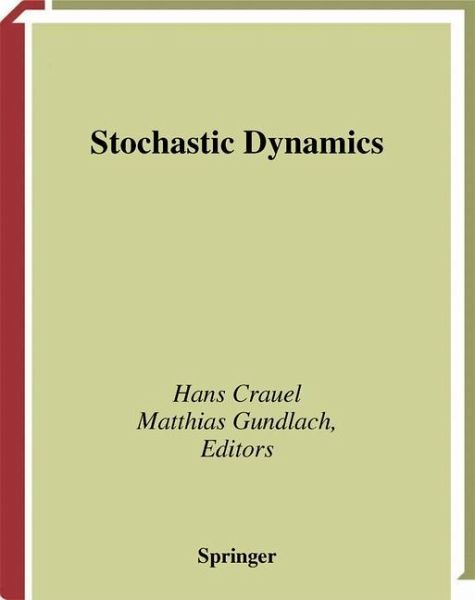
Stochastic Dynamics

PAYBACK Punkte
38 °P sammeln!
The conference on Random Dynamical Systems took place from April 28 to May 2, 1997, in Bremen and was organized by Matthias Gundlach and Wolfgang Kliemann with the help of th'itz Colonius and Hans Crauel. It brought together mathematicians and scientists for whom mathematics, in particular the field of random dynamical systems, is of relevance. The aim of the conference was to present the current state in the theory of random dynamical systems (RDS), its connections to other areas of mathematics, major fields of applications, and related numerical methods in a coherent way. It was, ho~vever, n...
The conference on Random Dynamical Systems took place from April 28 to May 2, 1997, in Bremen and was organized by Matthias Gundlach and Wolfgang Kliemann with the help of th'itz Colonius and Hans Crauel. It brought together mathematicians and scientists for whom mathematics, in particular the field of random dynamical systems, is of relevance. The aim of the conference was to present the current state in the theory of random dynamical systems (RDS), its connections to other areas of mathematics, major fields of applications, and related numerical methods in a coherent way. It was, ho~vever, not by accident that the conference was centered around the 60th birthday of Ludwig Arnold. The theory of RDS o~ves much of its current state and status to Ludwig Arnold. Many aspects of the theory, a large number of results, and several substantial contributions were accomplished by Ludwig Arnold. An even larger number of contributions has been initiated by him. The field be- fited much fromhis enthusiasm, his openness for problems not completely aligned with his o~vn research interests, his ability to explain mathematics to researchers from other sciences as well as his ability to get mathema- clans interested in problems from applications not completely aligned with their research interests. In particular, a considerable part of the impact stochastics had on physical chemistry as well as on engineering goes back to Ludwig Arnold. He built up an active research group, kno~vn as "the Bremen group".






